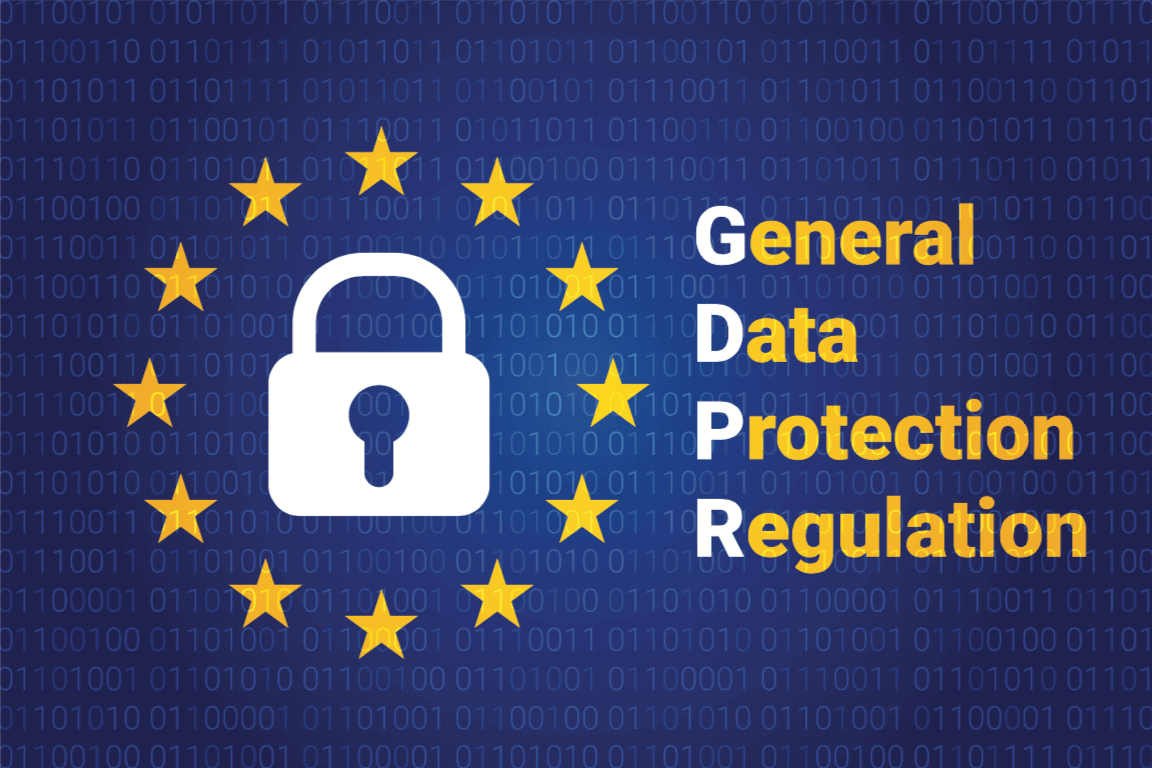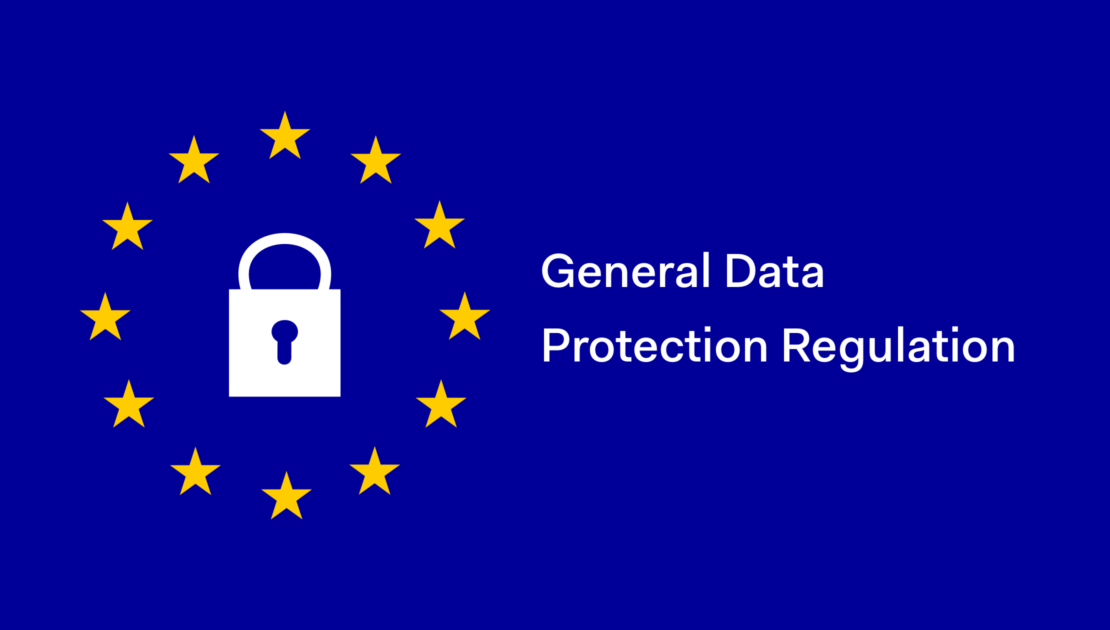General Data Protection Regulation Это
General Data Protection Regulation: Ensuring Data Protection in the Digital World Introduction: In today's digital era, where information flows freely and data breaches have become alarmingly common, it has become imperative to have a robust framework in place to protect personal data. The General Data Protection Regulation (GDPR) is a comprehensive regulation that addresses this concern. In this article, we will explore what GDPR is, its significance, and how it influences businesses and individuals alike. 1. Understanding GDPR: The General Data Protection Regulation, enforced on May 25, 2018, is a regulation by the European Union (EU) for the protection of personal data of individuals within the EU and the European Economic Area (EEA). It replaces the outdated Data Protection Directive of 1995 and applies to all businesses, regardless of their location, that process the personal data of EU/EEA citizens. 2. Key Principles of GDPR: a. Lawful Processing: GDPR requires that the processing of personal data should have a lawful basis, such as consent, performance of a contract, or compliance with a legal obligation. b. Purpose Limitation: Personal data should be collected for specified, explicit, and legitimate purposes, and not further processed in a manner incompatible with those purposes. c. Data Minimization: Companies should collect and process only the data that is necessary for the specified purpose. They should also retain the data for the minimum required time. 3. Compliance with GDPR: a. Ensuring Consent: Businesses must obtain clear and explicit consent from individuals before processing their personal data. Consent should be freely given and easily withdrawable. b. User Rights: GDPR grants individuals several rights, including the right to access their data, rectify inaccuracies, request erasure, and restrict processing. These rights empower individuals to have control over their data. c. Data Security: GDPR requires implementing appropriate technical and organizational measures to ensure the security of personal data. Businesses must also promptly report data breaches to the relevant supervisory authority. 4. Impact on Businesses: a. Data Protection Officer (DPO): Certain organizations are required to appoint a Data Protection Officer who ensures GDPR compliance and acts as a point of contact for data subjects and supervisory authorities. b. Extra-territorial Application: GDPR applies to companies outside the EU/EEA if they offer goods or services to EU/EEA citizens or monitor their behavior. This extraterritoriality ensures that businesses cannot evade their responsibilities. c. Penalties and Fines: Non-compliance with GDPR can result in severe penalties, including fines of up to €20 million or 4% of the global annual turnover, whichever is higher. Such penalties serve as a strong deterrent to negligence in data protection. 5. Benefits of GDPR: a. Enhanced Data Protection: GDPR provides individuals with greater control over their personal data, ensuring transparency and accountability from businesses in handling this sensitive information. b. Trust and Confidence: GDPR fosters trust between businesses and their customers by ensuring that personal data is handled responsibly, resulting in stronger customer relationships. c. Global Influence: GDPR has set a benchmark for data protection globally. Many countries are actively adopting similar legislation, recognizing its effectiveness in safeguarding personal data. 6. Common Misconceptions about GDPR: a. GDPR Applies Only to European Companies: GDPR applies to any business processing the personal data of EU/EEA citizens, regardless of its location. The regulation has a broad reach, extending its protection beyond EU borders. b. GDPR Only Applies to Online Businesses: GDPR applies to both offline and online businesses that process personal data. Irrespective of the medium, businesses must comply with the necessary privacy standards. c. Small Businesses Are Exempt from GDPR: GDPR applies to all businesses, irrespective of their size or revenue. However, certain obligations may be relaxed for smaller companies if the data processing is limited. FAQ Section: 1. What is the primary objective of GDPR? The primary objective of GDPR is to protect the personal data of individuals within the EU/EEA and ensure greater control and transparency regarding the processing of this data. 2. Does GDPR apply to non-European companies? Yes, GDPR applies to any company, regardless of its location, that processes the personal data of EU/EEA citizens. It has an extraterritorial reach to prevent companies from evading their responsibilities. 3. What are the potential penalties for non-compliance with GDPR? Non-compliance with GDPR can result in severe penalties, including fines of up to €20 million or 4% of the global annual turnover, whichever is higher. These penalties act as a strong deterrent to data mishandling. Conclusion: The General Data Protection Regulation (GDPR) is a landmark regulation that aims to protect personal data in an increasingly digital world. Its implementation has significantly enhanced data protection practices, ensuring transparency, accountability, and control over personal data. By adopting a user-centric approach, GDPR has set a benchmark for data protection globally. As businesses and individuals navigate the evolving landscape of data privacy, complying with GDPR's principles and regulations is crucial to build trust and ensure the security of personal information.  Image Source : www.regtechtimes.com
Image Source : www.regtechtimes.com  Image Source : bestwebsiteaccessibility.com
Image Source : bestwebsiteaccessibility.com  Image Source : croud.com
Image Source : croud.com  Image Source : www.datasciencedegreeprograms.net
Image Source : www.datasciencedegreeprograms.net  Image Source : www.proximous.com
Image Source : www.proximous.com  Image Source : sprinto.com
Image Source : sprinto.com  Image Source : www.gisconsulting.in
Image Source : www.gisconsulting.in  Image Source : kr.freepik.com
Image Source : kr.freepik.com
What Is General Data Protection Regulation ? - RegtechTimes
 Image Source : www.regtechtimes.com
Image Source : www.regtechtimes.com protection general data regulation gdpr
GDPR: A Complete Overview Of The General Data Protection Regulation
 Image Source : bestwebsiteaccessibility.com
Image Source : bestwebsiteaccessibility.com gdpr regulation
General Data Protection Regulation Archives - Croud
 Image Source : croud.com
Image Source : croud.com What Is The General Data Protection Regulation (GDPR)? - Data Science
 Image Source : www.datasciencedegreeprograms.net
Image Source : www.datasciencedegreeprograms.net General Data Protection Regulation (GDPR) – The Need Of The Hour
 Image Source : www.proximous.com
Image Source : www.proximous.com data regulation protection general gdpr hour need inc
General Data Protection Regulation (GDPR) Compliance | Sprinto
 Image Source : sprinto.com
Image Source : sprinto.com What Is General Data Protection Regulation And Why Is It Essential
 Image Source : www.gisconsulting.in
Image Source : www.gisconsulting.in regulation cyber
일반 데이터 보호 규정 (gdpr) 개념. | 프리미엄 벡터
 Image Source : kr.freepik.com
Image Source : kr.freepik.com Data regulation protection general gdpr hour need inc. Gdpr: a complete overview of the general data protection regulation. Regulation cyber. Gdpr regulation. General data protection regulation (gdpr) compliance